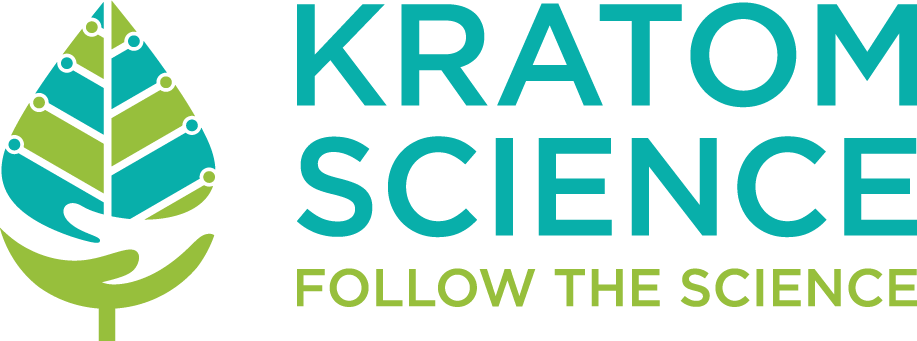Kratom in Austria
Kratom Legal Status
Currently legal
Law
Where to buy kratom in Austria
Shipments are allowed when sent from an European Union member state where kratom is legal, regulated by the EU customs union in the Lisbon Treaty.
National drug strategy & laws
In Austria, the Addiction Prevention Strategy was adopted in 2016 and, alongside the Narcotic Substances Act, sets out the goals, principles and framework for Austria’s drug policy. It views addiction as a disease, supports the principle of treatment over that of punishment and aims for a society as free from addiction as possible.
The Narcotic Substances Act came into force in 1998 and, in line with the Austrian drug policy approach, distinguishes between criminal offenders (such as those trafficking drugs) and people with drug-related health problems. The law sets out several criteria that differentiate the two categories, with the quantity of drugs involved (above or below the threshold defined in a Ministry of Health decree) being the most relevant factor. Penalties may vary according to whether the drug is classed as a narcotic or a psychotropic drug. Special provisions exist for cannabis and hallucinogenic mushrooms.
The use of drugs is not mentioned as an offence. To inhibit the trade in new psychoactive substances (NPS), the New Psychoactive Substances Act and New Psychoactive Substances Regulation came into force in 2012. The distribution or sale of substances listed in Annex I of the Regulation, which may be defined in groups using a generic approach, may be punished by imprisonment for up to 2 years for basic offences or for 1-10 years when distribution of the substance has led to serious bodily harm or death. Possession of NPS for personal use is not punishable.
National treatment policy
All nine Austrian provinces have drawn up drug strategies and nominated drug coordinators, who are responsible for coordinating drug treatment at the regional level.
Drug treatment services are provided both by specialised centres and as part of general healthcare services, such as psychiatric hospitals, psychosocial services and office-based medical doctors. Primary healthcare services are also involved in the provision of opioid substitution treatment (OST). Drug treatment services provide a range of options and can be flexibly applied to respond to a client’s treatment and social needs.
OST is widely available and is the treatment of choice for opioid dependence in Austria. It is mostly provided by general practitioners, but psychiatrists can also prescribe OST medications. OST is also provided by public health authorities, hospitals, residential treatment providers and prisons. In recent years, actions have been taken at the provincial level to improve the quality of OST services and integrate them with complementary psychosocial support services. Austria is one of the few countries in Europe where slow-release morphine is prescribed as an opioid substitution medication.
